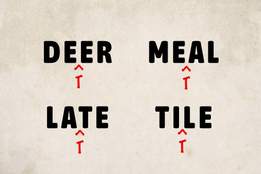: a horny keratinous substance found in two rows of transverse plates which hang down from the upper jaws of baleen whales
Love words? Need even more definitions?
Merriam-Webster unabridged










Share